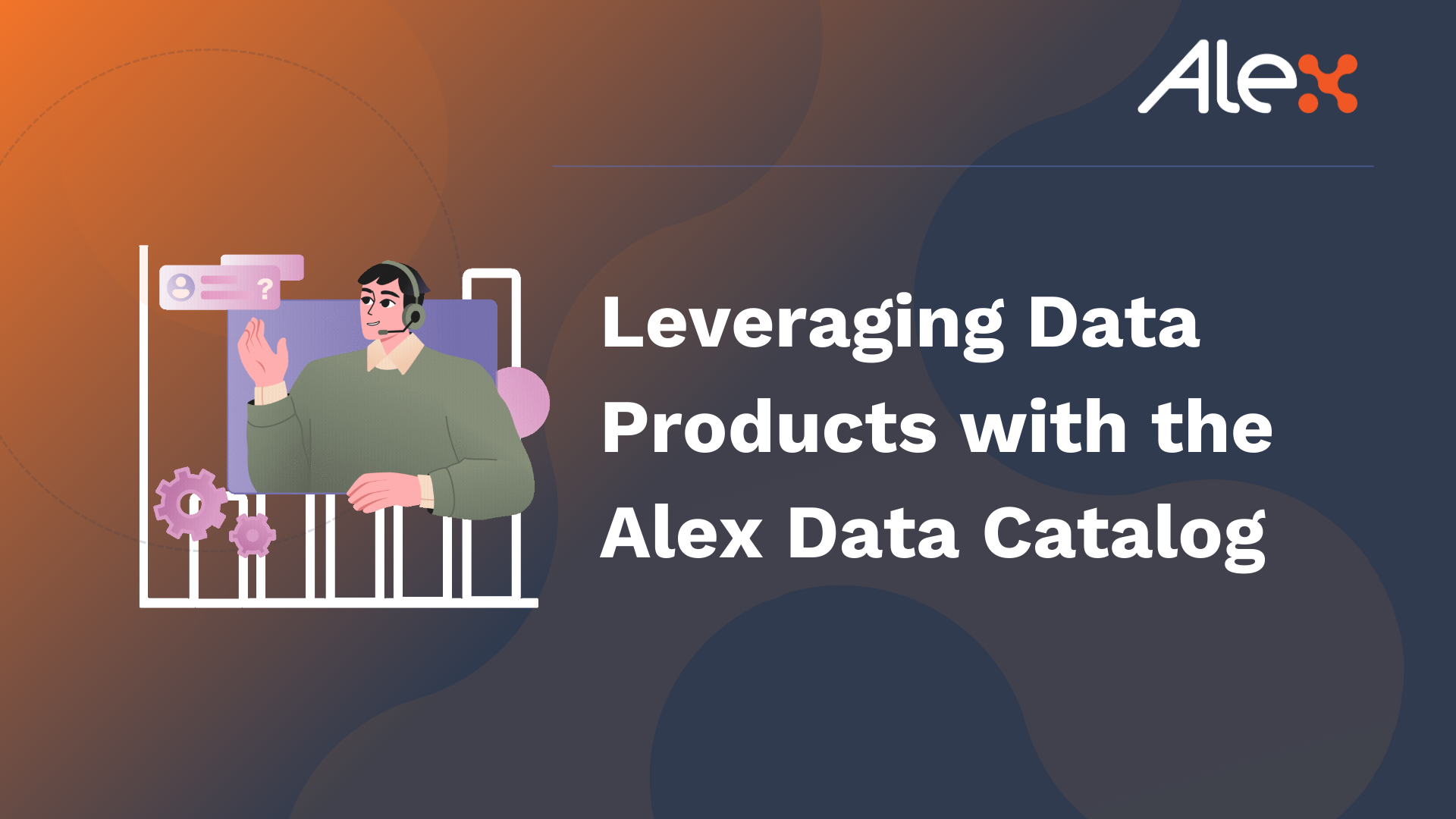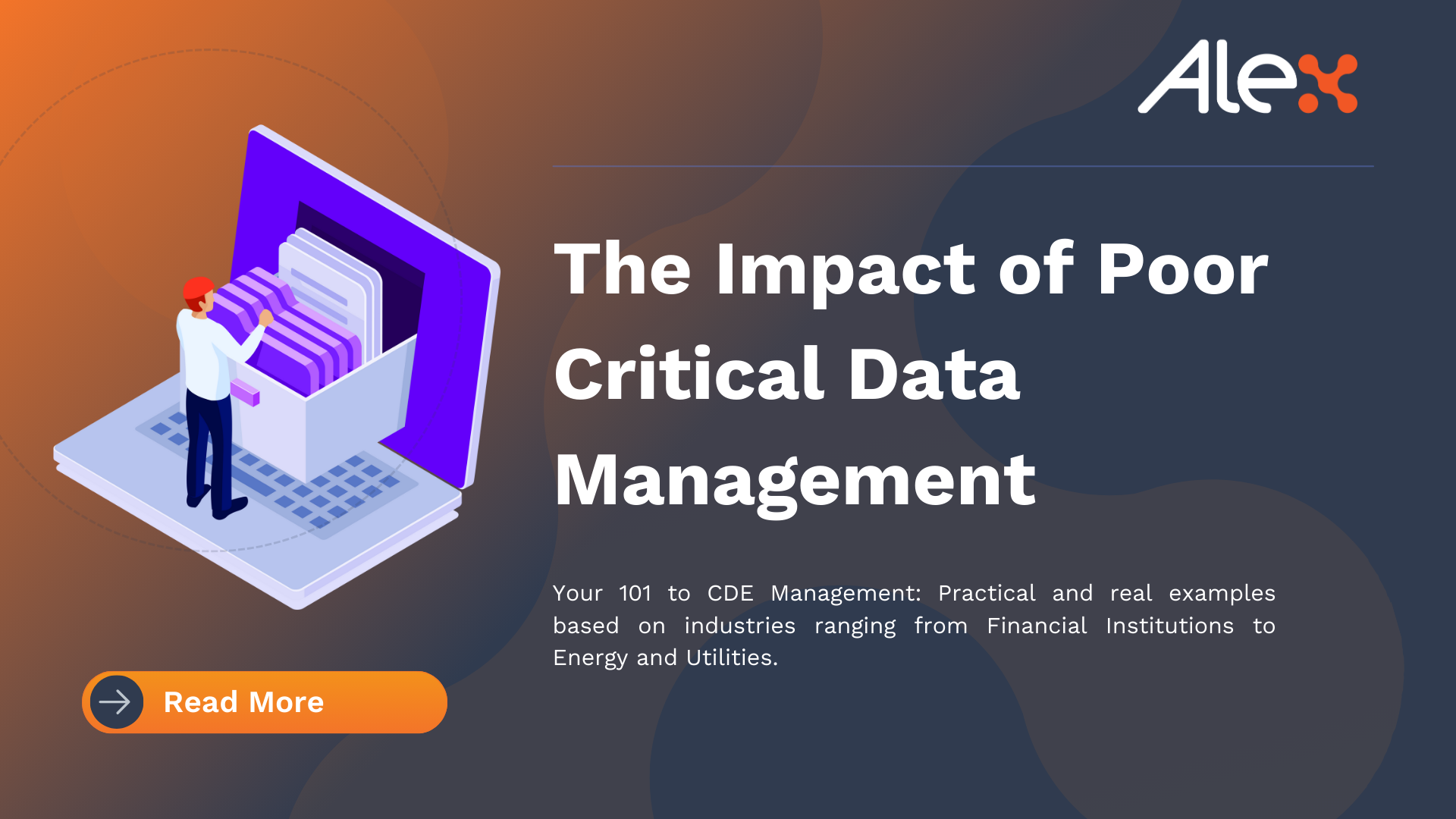In the evolving landscape of data governance, the significance of business glossaries is becoming increasingly pronounced. As organizations accumulate vast amounts of data from diverse sources, the need for clear data definitions, standardized terminology, and transparent processes becomes paramount. Thus, business glossaries that are carefully curated repositories of business terminology and definitions play a pivotal role in enhancing communication and comprehension across diverse teams and departments. As we step into 2024, these platforms are proving instrumental in shaping the data governance strategies of global organizations.
What is an Enterprise Business Glossary?
An enterprise business glossary is essentially a dictionary for your organization’s data. It is a comprehensive repository of terms, definitions, acronyms, and business rules related to your data assets. This glossary acts as a shared language that unifies data understanding across various departments and teams within an organization.
The Role of an Enterprise Business Glossary in Data Governance
Data governance revolves around the management, quality assurance, and utilization of data assets. It ensures that data is accurate, reliable, and secure while being readily available for informed decision-making. At the heart of effective data governance lies the enterprise business glossary, playing several pivotal roles:
Standardized Terminology: The glossary establishes a standardized language for data, ensuring that everyone in the organization interprets and uses data consistently. This common understanding mitigates the risk of miscommunication and misinterpretation, fostering alignment in strategies and objectives.
Data Quality Assurance: By documenting data definitions and quality standards, the glossary facilitates data quality checks, validation, and monitoring. It empowers organizations to identify and rectify data discrepancies, errors, and inconsistencies, leading to higher data credibility and trustworthiness.
Onboarding and Training: The glossary serves as a valuable resource for new hires, expediting their onboarding process. It provides newcomers with insights into data terms, acronyms, and business processes, enabling them to contribute to projects and initiatives more quickly.
Regulatory Compliance: Compliance with data privacy regulations, such as GDPR and CCPA, requires transparency into data processes and definitions. The glossary helps organizations demonstrate their compliance efforts by documenting data handling procedures and privacy considerations.
Data-driven Innovation: In a data-driven world, agility and innovation are essential for staying competitive. The glossary fosters a culture of data-driven decision-making by making data accessible and understandable. This empowers teams to identify new opportunities, optimize processes, and adapt strategies based on real-time insights.
The Significance of Business Glossaries in 2024:
Enhanced Communication and Understanding:
One of the perennial challenges in enterprise data governance continues to be the need for clarity amidst the ever-increasing complexity of data operations. In 2024, business glossaries take on an amplified role as a universal language that transcends technical intricacies. By providing a centralized repository of clearly defined terms and concepts, business glossaries become instrumental in fostering a shared understanding among stakeholders with varying technical proficiency levels. This heightened clarity not only facilitates smoother communication but also goes beyond, aligning organizational objectives and promoting a culture of collaborative decision-making. In an era where cross-functional collaboration is paramount, business glossaries emerge as a linchpin for breaking down communication barriers and streamlining data-related discussions.
Alignment with Data Governance Objectives:
In 2024, a well-structured business glossary goes beyond being a static collection of definitions; it transforms into a strategic asset that aligns seamlessly with broader data governance goals. As organizations grapple with the ever-evolving regulatory landscape, business glossaries become indispensable tools for enforcing stringent data quality standards. Moreover, they play a pivotal role in ensuring regulatory compliance by providing a clear framework for understanding and adhering to complex regulations.
The increased complexity of data landscapes, coupled with the rising importance of effective data lineage, positions business glossaries as cornerstones for maintaining the integrity of enterprise data. In essence, they become dynamic tools that evolve alongside regulatory changes, providing organizations with the adaptability needed to stay compliant in an ever-shifting regulatory environment. As the nexus between business strategy and data governance strengthens, business glossaries become integral components that guide organizations in their pursuit of robust data governance practices.
In summary, the enhanced communication capabilities and alignment with evolving data governance objectives make business glossaries indispensable in 2024. These tools not only bridge the communication gap among stakeholders but also serve as strategic assets that ensure regulatory compliance, enforce data quality standards, and fortify the overall integrity of enterprise data. In the intricate tapestry of data governance, business glossaries emerge as dynamic instruments that empower organizations to navigate complexities, fostering a culture of informed decision-making and collaboration.
Alex Intelligent Business Glossary: Empowering Global Data Operations:
At the forefront of this transformative trend is the Alex Intelligent Business Glossary, an advanced solution that extends beyond conventional glossary functionalities. In 2024, global enterprises navigating the challenges of multi-cloud environments and diverse data operations are turning to Alex for its unparalleled capabilities.
Unifying Definitions, Policies, Metrics, and More:
Traditional challenges in multi-cloud environments often involve maintaining consistency in data definitions and adherence to governance policies. The Alex Intelligent Business Glossary serves as a unifying force across the entire spectrum of data-related elements, from policies and metrics to rules, processes, and workflows. From policies and metrics to rules, processes, and workflows, Alex integrates seamlessly, addressing the challenge of redundancy and establishing a comprehensive and cohesive approach to data governance.
Business and Data Governance Benefits of Alex Intelligent Business Glossary:
Consistency Across Clouds:
Multi-cloud landscapes introduce complexities in maintaining uniformity in data definitions and governance policies. The Alex Intelligent Business Glossary becomes a linchpin, mitigating the risk of discrepancies and enhancing the reliability of enterprise data across diverse cloud environments. This not only addresses a critical challenge but also fosters a positive impact on data governance, ensuring a standardized approach to data management that aligns with organizational objectives.
Efficient Workflow and Process Management:
Efficiency in workflow and process management is paramount in the realm of enterprise data governance. Alex, with its integrated nature, streamlines these processes seamlessly. From defining data-related procedures to establishing and enforcing governance rules, Alex minimizes redundancy and optimizes operational efficiency. This transformative capability addresses a key challenge in data governance, enabling organizations to navigate intricate processes with precision and agility.
Global Collaboration and Accessibility:
Global enterprises often grapple with challenges related to collaboration and accessibility across diverse teams and geographical locations. Alex alleviates these challenges by providing a centralized repository accessible to teams worldwide. This not only enhances productivity by fostering seamless collaboration but also ensures that stakeholders, regardless of their location, share a common understanding. The positive impact on collaboration contributes to building a culture of knowledge-sharing within the organization, aligning teams towards common data governance goals.
Real-time Metrics and Performance Monitoring:
Keeping a pulse on data operations is essential for effective data governance. The Alex Intelligent Business Glossary empowers organizations with real-time metrics and performance monitoring. This capability not only provides actionable insights for informed decision-making but also contributes to a culture of continuous improvement in data governance practices. By offering a dynamic view of data metrics and performance, Alex enables organizations to adapt swiftly to changing circumstances and proactively address emerging challenges, enhancing the overall effectiveness of data governance initiatives.
Navigating the Data Governance Landscape with Alex:




